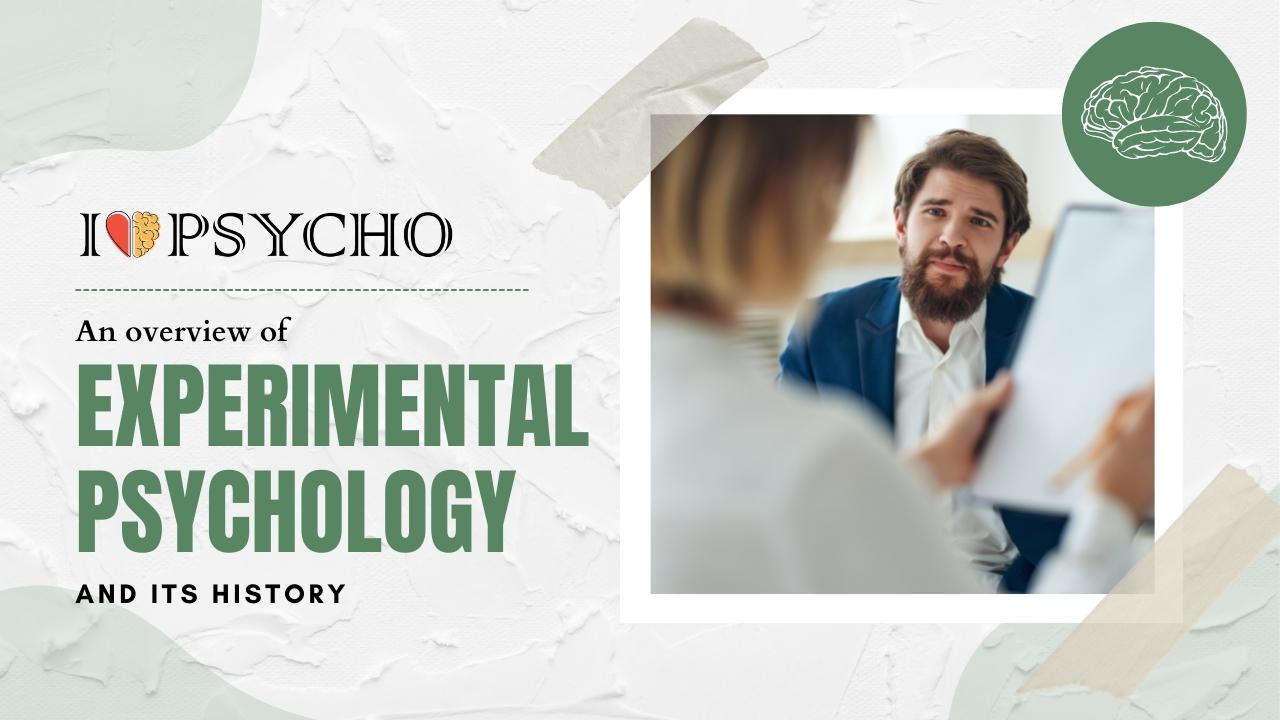The scientific and empirical approach to the study of the mind is known as experimental psychology.
The experimental method entails administering tests to participants under both control and experimental conditions.
This means that a group of participants is exposed to a stimulus (or stimuli), and their behavior in response is recorded.
This behavior is compared to some kind of control condition, which could be a neutral stimulus, the absence of a stimulus, or a control group.
Experimenting with theories of human thoughts, feelings, actions, and beyond – any aspect of being human that involves the mind – is what experimental psychology is all about.
This is a broad category with numerous subcategories (e.g. behavioral psychology, cognitive psychology).
We’ll go over a brief history of experimental psychology, the characteristics that define it, and the research that has shaped the field in the sections below.
History of Experimental Psychology
Contribution of some scientists in experimental psychology
Wilhelm Wundt
When Wilhelm Wundt introduced a mathematical and experimental approach to the field in the 19th century, it became a modern academic discipline.
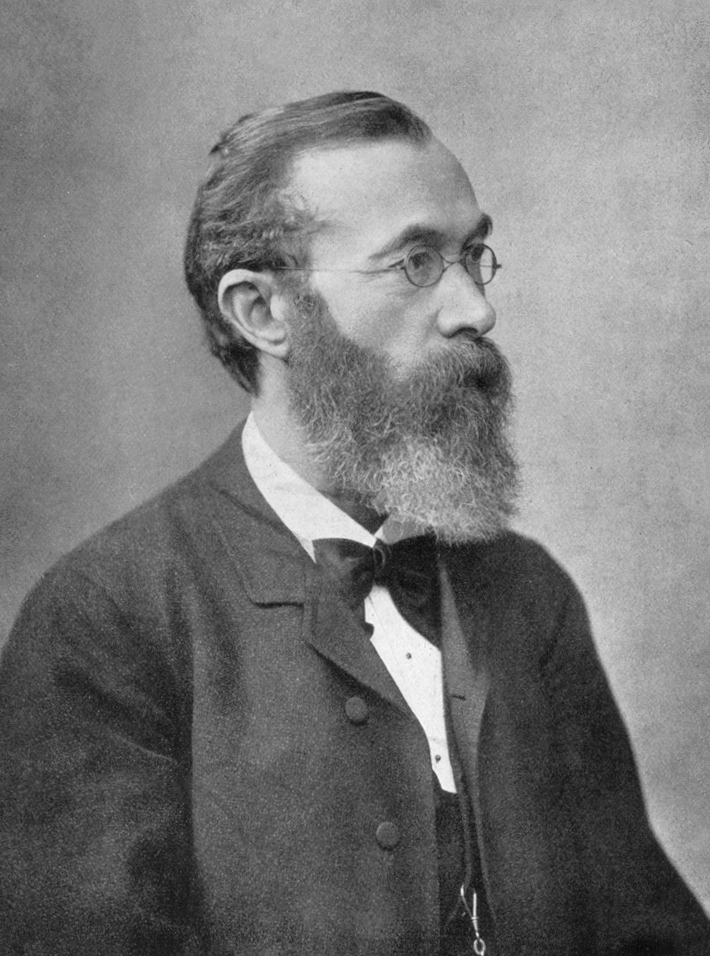
In Leipzig, Germany, Wundt established the first psychology laboratory.
Introspection was used in the experiments of other experimental psychologists, such as Hermann Ebbinghaus and Edward Titchener.
Charles Bell
Charles Bell was a British physiologist who was best known for his work on the nervous system.
He published a pamphlet summarizing his rabbit research.
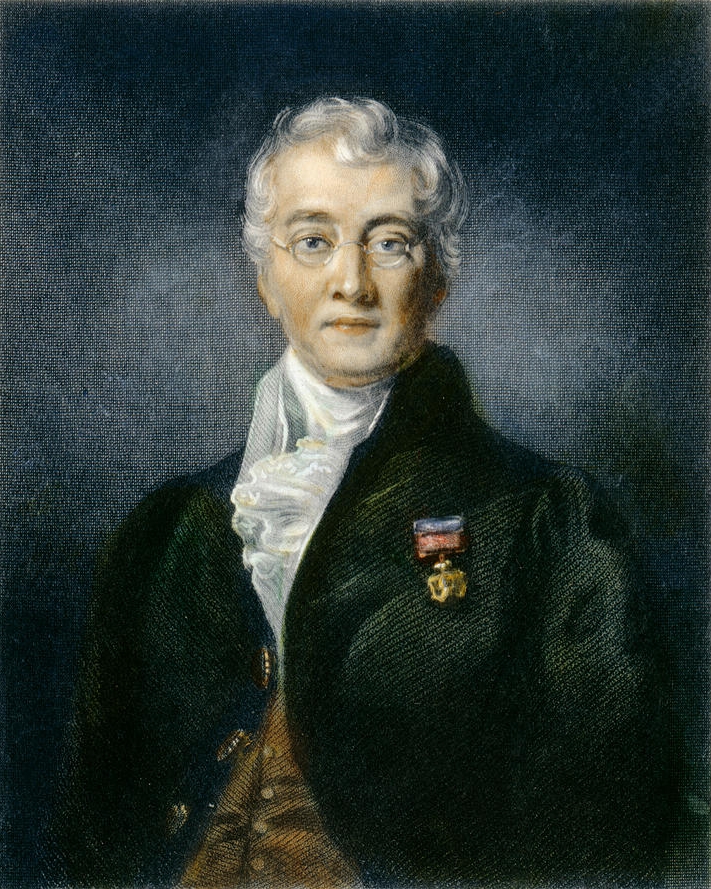
Sensory nerves enter the spinal cord at the posterior (dorsal) roots, while motor nerves emerge from the anterior (ventral) roots, according to his findings.
Francois Magendie, a French physiologist, published the same findings eleven years later without being aware of Bell’s research.
The Bell-Magendie law was named after Bell’s failure to publish his findings. Bell’s discovery disproved the theory that nerves could transmit vibrations or spirits.
Gustav Fechner
“Elemente der Psychophysik,” which Fechner published in 1860, is widely regarded as the first work of experimental psychology.
[4] The publication of “Elemente” is credited by some historians as the start of experimental psychology.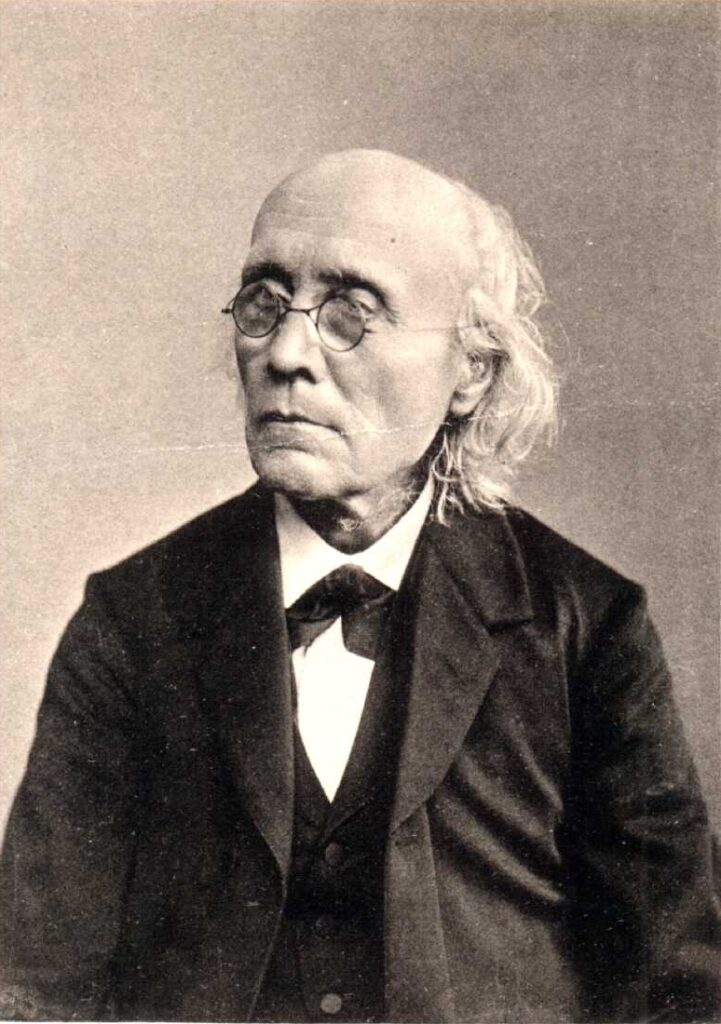
Weber was not a psychologist, and it was Fechner who recognized Weber’s contributions to psychology.
Fechner was passionate about establishing a scientific study of the mind-body connection, which he called psychophysics.
Oswald Külpe
The Würzburg School in Germany was founded by Oswald Külpe. Wilhelm Wundt was his teacher for about twelve years.
Külpe, unlike Wundt, believed that higher mental processes could be tested through experiments.
He published Grundriss der Psychologie in 1883, which contained only scientific facts and made no mention of thought.
His book’s lack of thought is surprising given the Würzburg School’s emphasis on mental set and imageless thought.
George Trumbull Ladd
George Trumbull Ladd, who established Yale University’s psychological laboratory in 1879, was the first to introduce experimental psychology to the United States.
Ladd’s Elements of Physiological Psychology, the first American textbook that extensively discussed experimental psychology, was published in 1887.
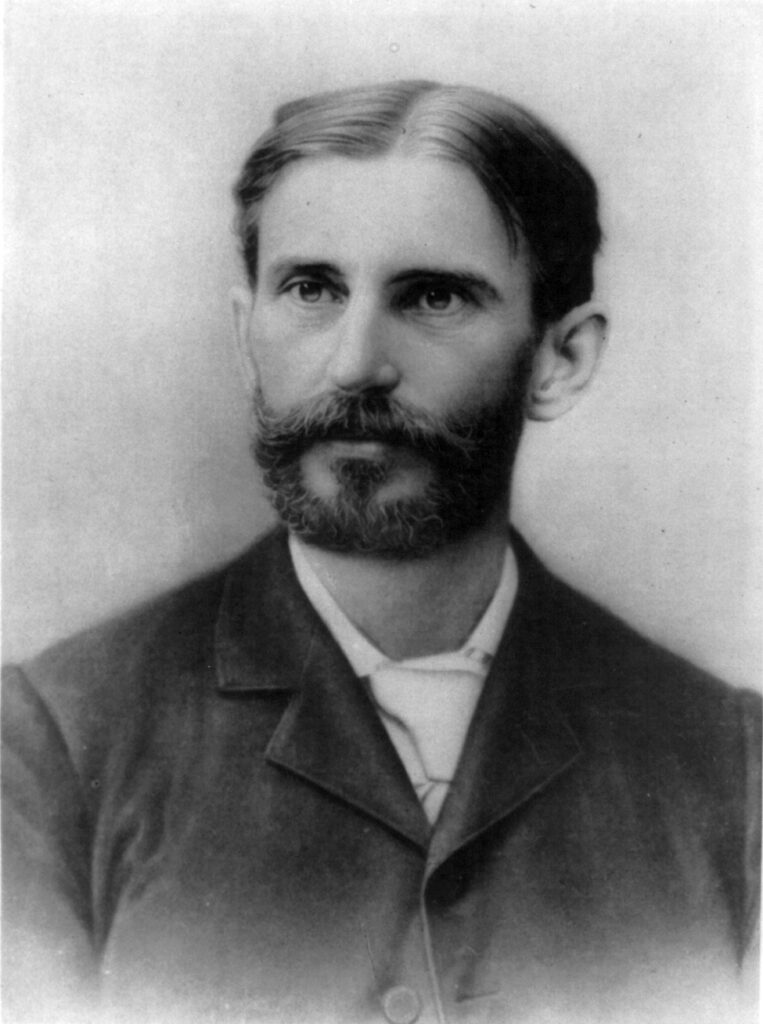
Between Ladd’s establishment of the Yale Laboratory and the publication of his textbook, the epicentre of experimental psychology in the United States shifted to Johns Hopkins University, where George Hall and Charles Sanders Peirce extended and qualified Wundt’s work.
20th Century
In the mid-twentieth century, behaviourism emerged as the dominant paradigm in psychology, particularly in the United States.
This resulted in some mental phenomena being overlooked in experimental psychology.
This was less true in Europe, where psychologists such as Sir Frederic Bartlett, Kenneth Craik, W.E. Hick, and Donald Broadbent focused on topics such as thinking, memory, and attention.
This laid the groundwork for the subsequent growth of cognitive psychology.
The phrase “experimental psychology” took on new meaning in the latter half of the twentieth century as psychology expanded as a discipline and the size and number of its sub-disciplines grew.
Experimental psychologists use a variety of methods and do not limit themselves to a strictly experimental approach, in part because philosophical developments in science have impacted the exclusive prestige of experimentation.
In contrast, an experimental method is now widely used in fields other than experimental psychology, such as developmental and social psychology.
However, the phrase is still used in the titles of a number of well-known, high-status learned societies and scientific journals, as well as some psychology university courses.
Further Reading:


